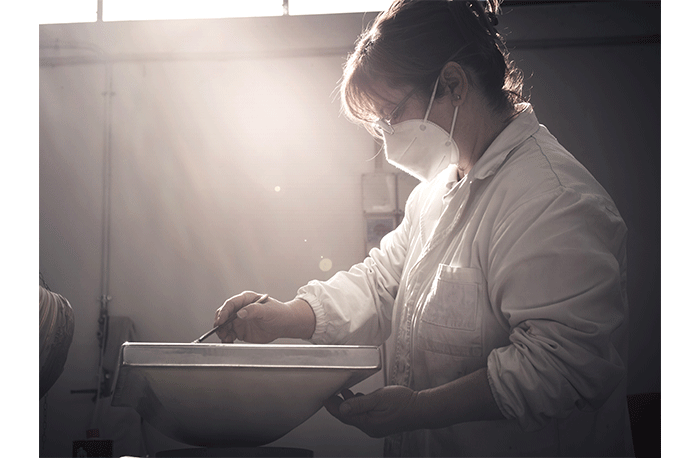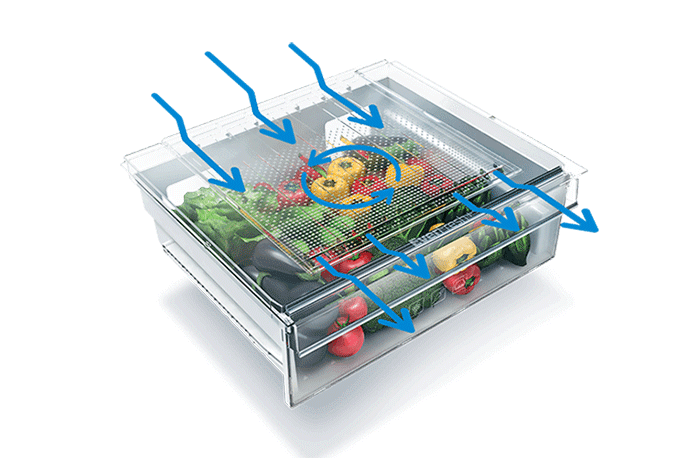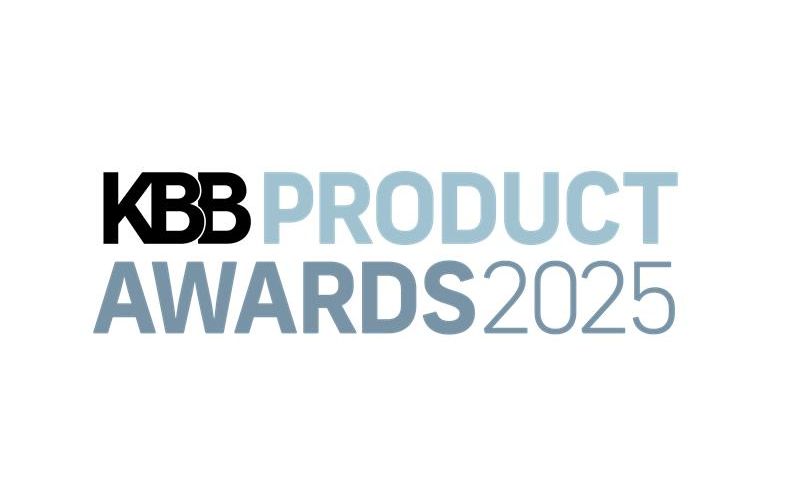According to the 2019 Global Status Report for Buildings and Construction, nearly 40% of energy-related greenhouse gas emissions are from the buildings and construction sector. Kitchen and bath brands are stepping up to do their part to change this, making their factories less wasteful and more efficient, their products more eco-friendly and their sustainable goals loftier. KBB spoke with four kitchen and bath brands with these values at their core to find out what they are doing to make planet healthier for future generations.
Whirlpool Puts in the Commitment
Sustainability is not new for this company, which established its Office for Environmental Affairs in 1969. Recently, the company announced a commitment to net-zero operations by 2030, which will cover more than 30 of Whirlpool Corp.’s manufacturing sites and its distribution centers globally. The company also committed to a 20% reduction in emissions linked to its products across the globe by 2030, compared to 2016 levels – building on the company’s 60% reduction in emissions since 2005. The photo above shows Whirlpool’s wind turbines power its Findlay, Ohio, plant.
“We know fulfilling our vision of improving life at home requires us to think of home as not only the four walls but also the planet that sustains us,” said Ron Voglewede, global sustainability director, Whirlpool Corp.
The company plans on reaching its goal through continued investments in renewable energy and in its manufacturing processes to help reduce water and energy usage and prevent waste going to landfills. One example is the plant in Greenville, Ohio, where three on-site wind turbines supply more than 40% of the electricity needed to run the plant. The company also has solar and wind onsite at 12 different facilities around the globe. In addition, they recycle more than 96% of their manufacturing waste.

Cosentino offers bicycles for its employees to get around its large manufacturing plant in Almeria, Spain.
Cosentino Supports Sustainability at Home
This kitchen and bath brand is setting an example, starting with its factory on the coast of Spain. According to Massimo Ballucchi, vice president of Cosentino North America for the Kitchen and Bath channel, sustainability is particularly important to this manufacturing site also because of its connection to the local community.
“The impact that we have in our industry is important to our employees,” he said, explaining that the company has more than 2,000 employees living and working in this remote part of Spain. “We have a responsibility.”
Along with building an extensive green belt within the Cosentino Industrial Park and providing bikes to employees to facilitate travel within the large campus, the company recently launched a self-contained residual materials processing and recovery plant. This plant helps the company recover 45% of the around 400,000 tons of residual material produced. In addition, Cosentino has an in-house water treatment plant that allows them to eliminate water waste by recycling 99% of the water used in the industrial process.
“Our products are produced with sustainability in mind,” said Ballucchi, describing the company’s new hybrid technology that uses a blend of recyclable materials. “It is top of mind across our entire industrial process.”

A Native Trails artisan works on the Precious Metals collection in the Umbrian region of central Italy.
Photo Courtesy of Native Trails
Native Trails Improves Lives Along the Way
Native Trails founder and CEO Naomi Neilson says that sustainability is a part of who she is and what she believes, and for her company, it starts with the people.
“It can be really hard for people that make handmade products to thrive and grow and prosper,” she said, explaining that their artisans are mainly located in Mexico, Vietnam and Italy. “Their family life and social structures suffer when they can’t make a living doing their art. One of our goals is to support them in that.”
The kitchen and bath brand not only provides a marketplace for its artisans but also helps them with infrastructure and growth through microfinancing projects. The rural areas Native Trails’ artisans work in often don’t have a clear environmentalism concept because it is challenging for them just to prosper in poverty. According to Neilson, supporting social systems is all about supporting the bottom line. Practices like using biodegradable packaging and FSC-certified wood in their vanities – as well as solar power and LED lighting in their offices – might be costly up front but save in the long run.
“It’s a beautiful thing to get them past the survival mindset and learn how to have a lower impact on the earth and do something positive,” said Neilson, adding that helping artisans see the financial benefit inspires them to do more.

Beko’s EverFresh+ technology guarantees that fruits and vegetables will stay fresh for 30 days, cutting back on food waste and enhancing wellness.
Beko’s Commitment to Personal and Planetary Health
Beko believes health and wellness is inseparable from sustainability. The only home appliances brand to receive the EPA’s highest ENERGY STAR designation every year it has operated in the U.S., the company reached carbon-neutral production in 2019.
“Every day is Earth Day for Beko,” said president Zach Elkin. “It’s not just about promoting sustainability. It’s who we are and what we do. It’s about a healthy population and a healthy planet.”
For Beko, this starts with food preservation. Recently, the company announced its refrigerators equipped with its proprietary EverFresh+ and Active Fresh Blue Light technology would keep fruits and vegetables fresh for 30 days, or it would buy them back. This technology recreates photosynthesis conditions at a certain humidity level to preserve vitamin C and fruit and vegetable taste.
And once the refrigerator has lived out its days, it can be recycled. According to brand/product manager Sazi Bugay, all of Beko’s products contain material that is up to 98% recyclable by weight. All Beko fridges also come with environmentally safe foam technology that can be recycled at the end of the life of the unit.
In addition, its factories reuse all of their water – even in their testing facilities – and the offices and factories are sustained by solar and wind power. All global production facilities are self-sustained when it comes to energy production. Renewable energy resources are used to generate enough power to sustain everyday productions.
The company is now focused on minimizing their packaging as well, which is particularly difficult for appliances that are normally protected by foam.
“Next is the fight against plastics,” said Bugay. “You will be hearing a lot on that from every sector.”
– By Erinn Loucks









